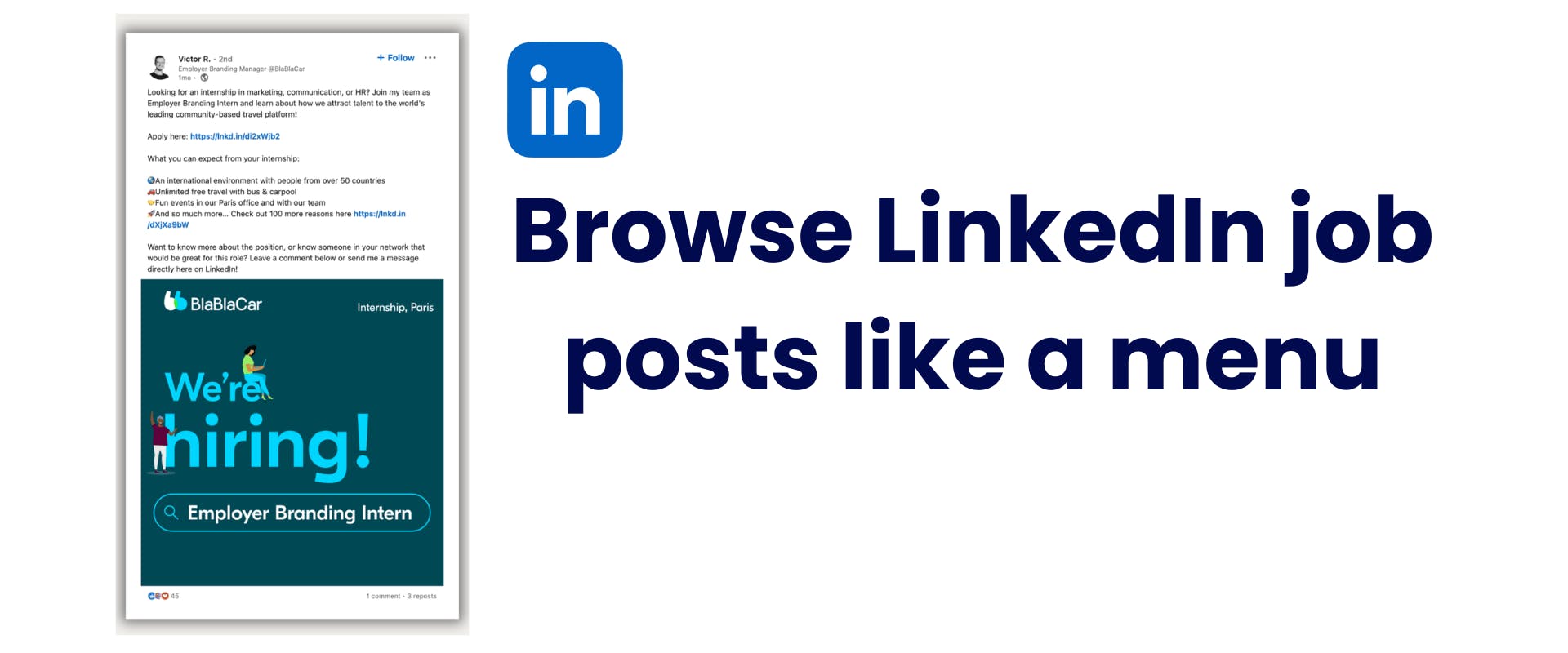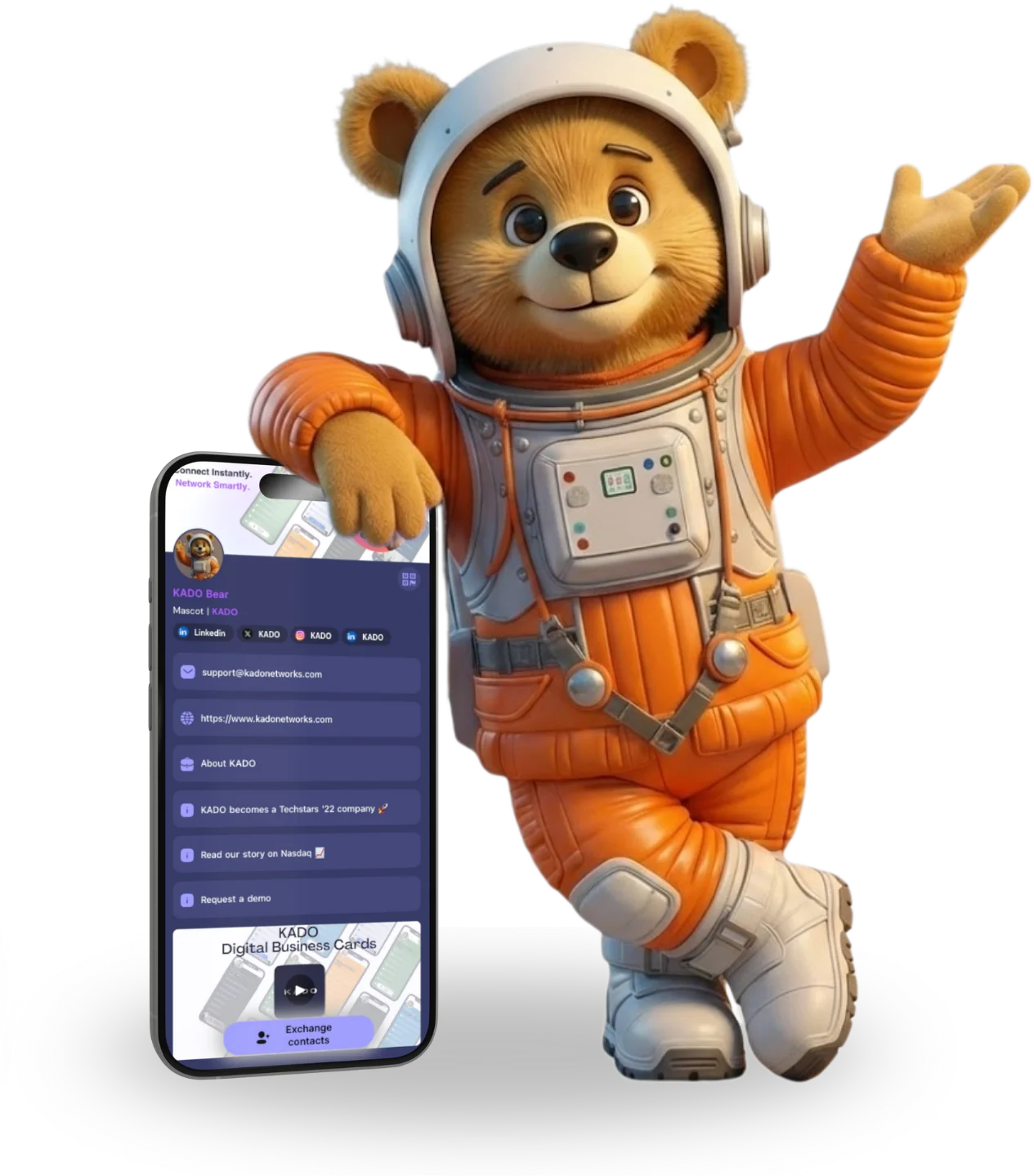 Retour à la liste des articles
Retour à la liste des articlesThinking About a Career Change? How to Start Fresh at Any Age
Dernière modification: July 8, 2025
A career change can feel scary—especially when you're not in your 20s anymore. But with purpose, preparation, and best practice, anyone can reinvent their work life. Here's how to change careers based on real advice, data, and success stories.
Why Now Is the Time to Change Careers
- Between 2019 and 2022, there were 8.6 million occupational shifts in the U.S.—50% more than the previous three years. That’s how common career change has become.
- By 2030, 27–30% of work hours could be automated—requiring up to 12 million transitions, according to McKinsey.
- In 2024, 59% of U.S. professionals were actively job hunting, changing careers an average of 12 times in their life.
It's not just you—the world is shifting, and so are millions of others.

Big Blocks: Fear, Age, & Identity
Thinking about a career change often stirs up more than just logistical questions—it hits at our identity, stability, and sense of worth. Many professionals worry about losing status, starting from scratch, or being “too old” to compete. But these fears, while real, are often more psychological than practical—and as many career changers have found, they’re entirely beatable.
Others worry about having to “start over”—as if their years of experience and accumulated knowledge would suddenly vanish in a new industry. In truth, you bring every lesson, skill, and mindset with you.
“I worried I’d have to start from zero—but as long as you bring skills, insight, grit, you never do.”
— Samuel Huang, CEO of Teleads Agency
Age, too, is a common sticking point. Many people fear they’ll be overlooked in favor of younger candidates. However, experience often brings intangible value—like emotional intelligence, professional maturity, and stronger communication.
“People worry their age will be used against them. But mature teammates bring calm professionalism and reliability.”
— Sam Speller, Founder of Kenko Matcha
And the data supports this optimism: according to McKinsey, 31% of people who quit their jobs in the last six months did so not because of frustration or burnout, but because they wanted to start something new—a fresh chapter that aligned more closely with their purpose and strengths.
So if fear is holding you back, know this: you’re not alone. But you’re also not stuck. With the right mindset and strategy, a new path is within reach.
How to Change Careers: Practical First Moves
1. Test the Waters
“Don’t wait until you feel ‘ready.’ Ship something. Test it. You don’t need a new degree—you need proof of value.”
— Samuel Huang, CEO, Teleads Agency
Start side projects, mini freelance gigs, or volunteer work to learn and build momentum.
2 Do Informational Interviews
“Talk to 3–5 people in the field you're interested in—ask about their day-to-day and the skills they use.”
— Alexei Morgado, Realtor & Founder of Lexawise Real Estate Exam Prep
“Talk to people already in the field you’re eyeing. Real conversations clarify what’s myth versus reality.”
— Eugene Leow, Director, MarketingAgency.sg
Conversations offer clarity you can’t get from Google—reach out, ask questions, and don’t forget to share your digital business card to stay connected.

3 Build a Safety Net
“Create a financial buffer, study part-time, or start with a phased entry plan.”
— Sonali Dharve, Social Media Manager at Hip Xpert
Many career transitions take 12–18 months, so plan accordingly.

4 Gather Inspiration
“Browse LinkedIn job posts like a menu. Follow what grabs your attention—that’s intuition collecting data.”
— James Wilkinson, CEO of Balance One Supplements
Let your curiosity guide you toward meaningful roles.

Age as a Strength, Not a Liability
Far from being a disadvantage, age can actually be one of your biggest assets when changing careers. Professionals in their 40s, 50s, and beyond often bring qualities that are difficult to teach—like maturity, adaptability, and emotional intelligence. Instead of trying to present themselves like junior candidates, career changers at this stage should position their leadership experience, communication skills, and self-awareness as key advantages on their resume.
These traits are especially valuable in fields like consulting, coaching, management, and B2B roles. In fact, many training programs and trade schools report that older students tend to thrive because they’re focused, disciplined, and clear about their goals.

Translating Experience: Reframing Your Skills
The core of a successful career change lies in storytelling:
“List your old skills next to those your new path requires—you’ll be surprised how much overlaps.”
— Jason Rowe, Director & Founder, Hello Electrical
“If you’ve managed teams, dealt with clients, navigated chaos—you’re already more qualified than many younger candidates.”
— Deepak Shukla, CEO, Pearl Lemon Consulting
One McKinsey report estimates that by 2030, jobs needing creativity, leadership, and technology skills will comprise 57% of all roles.
Real Personas: Career Change Success Stories
Real people are proving every day that it’s never too late to reinvent your career.
Jamilyn Trainor, Owner and Senior Project Manager at Müller Expo, left behind a stable career in finance to lead exhibition projects across Europe. She credits her background in client advisory and financial services for giving her the structure she needed—but says her new career finally gives her soul.
At Kenko Matcha, Sam Speller highlighted the success of a 52-year-old former schoolteacher who joined the company during the pandemic. Her soft skills in communication and relationship-building quickly made her the company’s top wholesale manager, growing her territory by 20% in just 18 months.
Kalim Khan, Founder of Affinity Law, worked with a former insurance adjuster who felt burned out. Rather than abandoning her skills, she reframed them—shifting into risk consulting for fast-paced tech startups, where her experience became a unique competitive edge.

Conclusion: You’re Not Starting Over—You’re Building on Experience
A career change doesn’t mean discarding your past—it means repurposing your strengths toward something more fulfilling. Whether you're pivoting in your 30s or reinventing yourself in your 50s, knowing how to change careers begins with reflection, research, and small but intentional steps. With real-life stories, expert strategies, and a growing demand for adaptable professionals, now is the time to embrace your next chapter. You’re not starting from scratch—you’re starting with experience.



